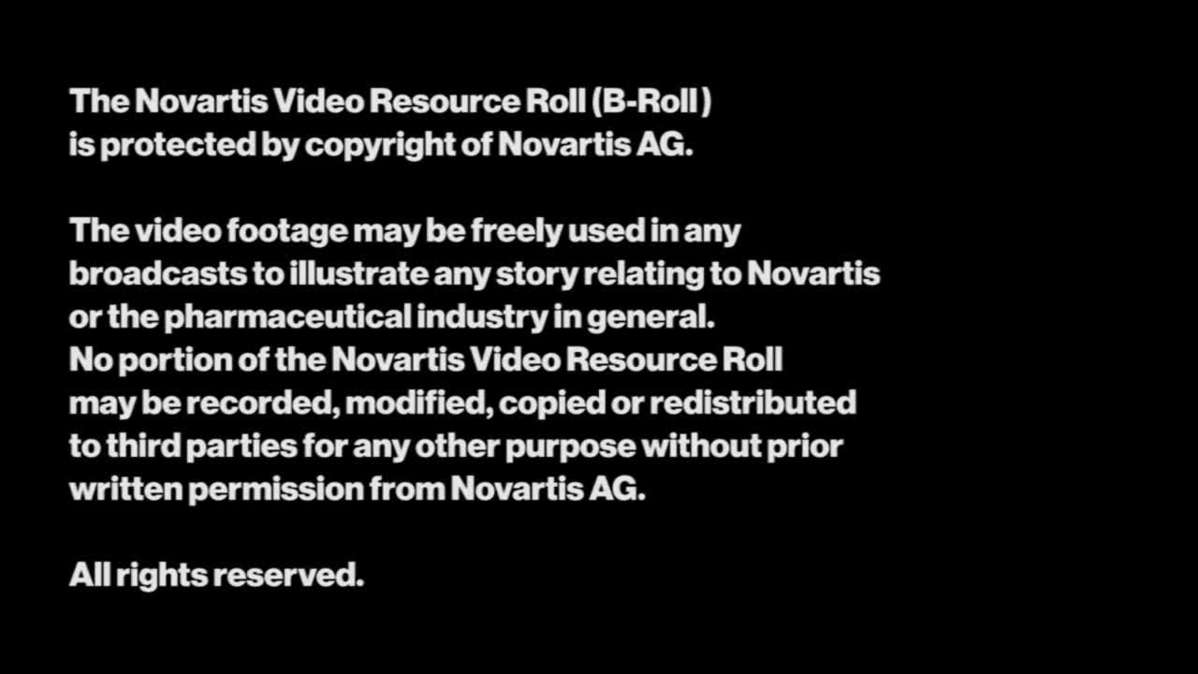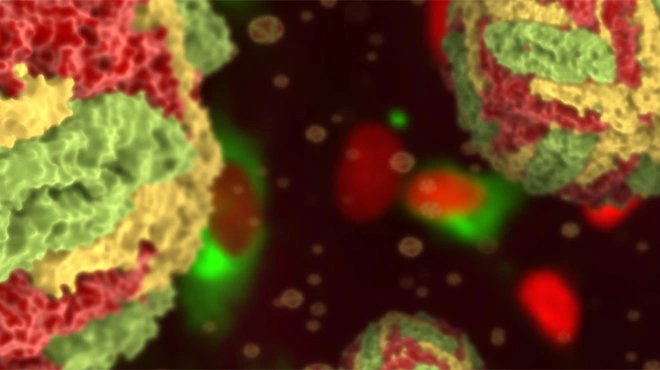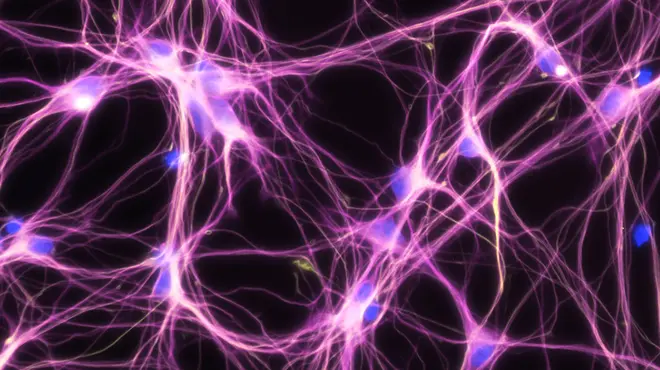 VIDEO
VIDEO
The Novartis antibody bimagrumab (BYM338) boosted muscle mass and function in laboratory experiments, according to a scientific paper in Molecular and Cellular Biology. The paper demonstrates the activity of the compound in cell and mouse models and its mechanism of action.
“This study illustrates that we have the potential to prevent muscle wasting and promote muscle growth in cell and animal models,” says corresponding author Dr. David Glass, Executive Director in Musculoskeletal Disease at the Novartis Institutes for BioMedical Research. “We’re now testing BYM338 in the clinic.” This is an Investigational drug that is being tested in the clinic. Therefore safety and efficacy of this drug have not been proven in humans yet.
Bimagrumab increased muscle mass by 25% to 50% in treated mice while also increasing their strength. The antibody also spurred growth of human skeletal muscle cells in culture and resulted in thicker muscle fibers, the authors reported.
The antibody targets a key molecular pathway called ActRII. Myostatin, activin and other molecules bind to ActRII receptors, activating the ActRII signaling linked to muscle loss. Studies have linked ActRII signaling in muscle cells to a protein called Akt, a molecule that triggers protein synthesis, and blocks protein degradation. ActRII signaling blocks Akt, reducing protein synthesis and increasing protein degradation. As a result, muscle stops growing. By inhibiting ActRII, the compound appears to restore muscle size and function. This enables muscle to grow.
Researchers elsewhere have researched myostatin inhibitors to reverse muscle loss, yet those inhibitors target just one of several molecules that activate ActRII signaling.
Described in the article, an experiment bolstered the case for inhibiting the ActRII receptor versus myostatin alone. It showed that mice treated with BYM338 gained more weight and muscle mass compared with mice treated with a myostatin inhibitor.
Millions of patients suffer from conditions involving muscle loss, according to the National Institute on Aging. Novartis is investigating several potential uses of bimagrumab in clinical trials.
“We need to be able to help people maintain productive and meaningful lives, and muscle function is a major part of the equation,” Glass says. “It could be the difference between independent living or having to move into a nursing home.” Here he explains how the MOA works in the investigational compound.



